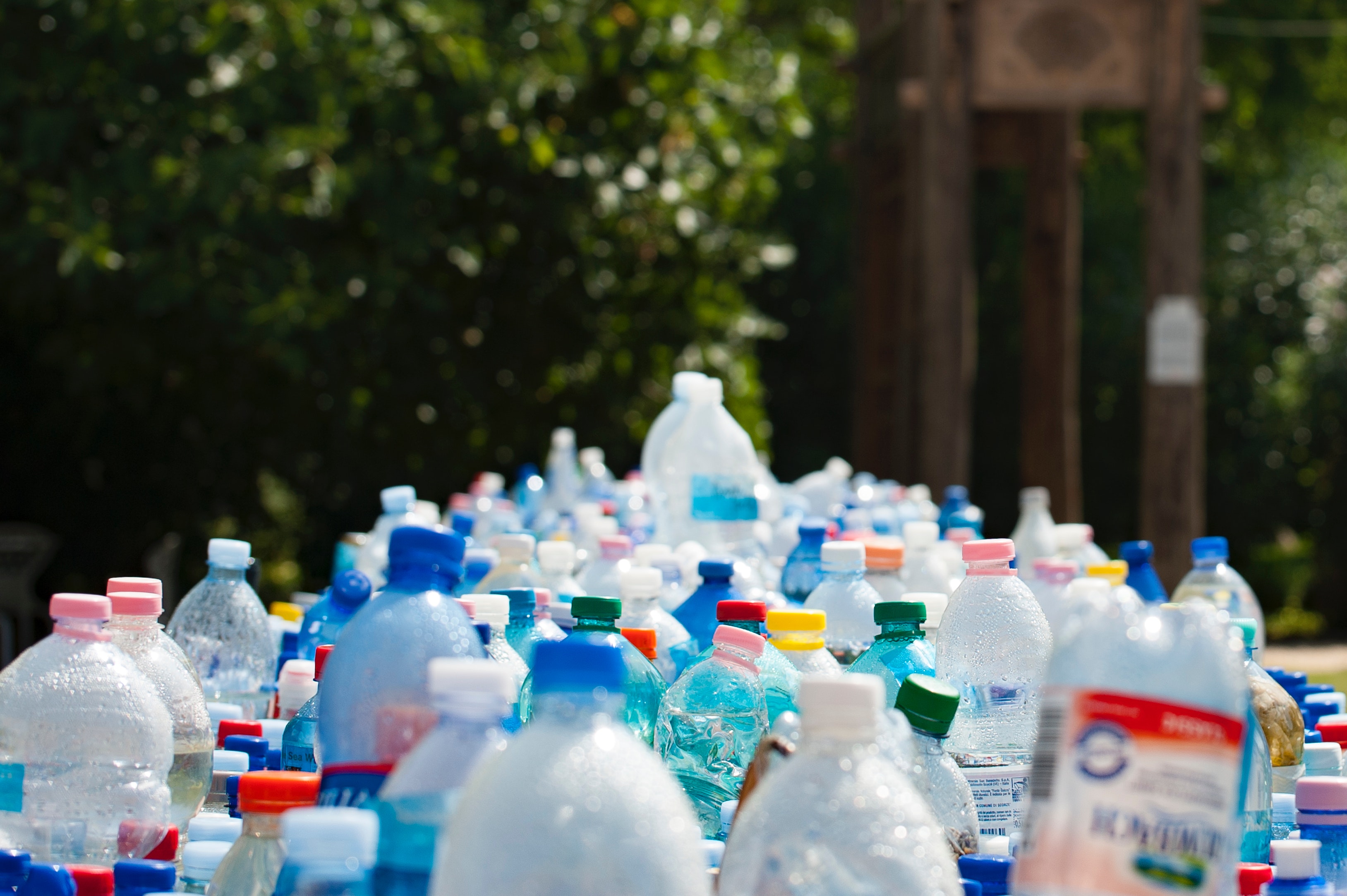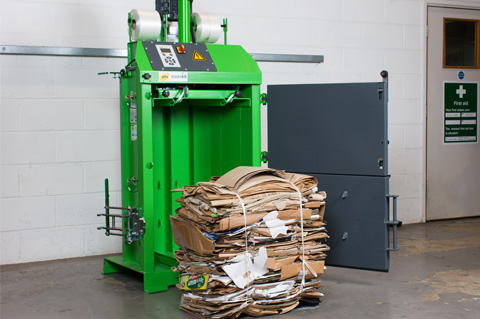Is recycling the best way to save the planet and protect our oceans?

When it comes to saving the planet, recycling has long been hailed as one of the key solutions.
However, during COP 26, Prime Minister Boris Johnson controversially told a group of school children that recycling simply “doesn’t work”. This off-the-cuff comment has drawn industry-wide condemnation but in fact, it does hold an element of truth.
The PM went on to talk about the need to reduce consumption so we’re producing less waste rather than recycling. However, we need to amend the caveat. Reducing consumption is of course going to be the most effective way of improving our impact on the planet but this should be in tandem with increasing recycling – not an alternative.
How much waste are we creating?
The UK generated 222.2 million tonnes of waste in 2018, up 1.8% on 2016. This is as heavy as 40 Egyptian pyramids, two million blue whales or 150 million cars. Commercial and industrial waste accounted for around one fifth of this total at 42.6 million tonnes, up 7% since 2016. Construction, demolition and excavation generated 137.8 million tonnes with household waste coming in at 26.4 million tonnes.
On one hand, these statistics do prove the point that recycling alone is not the answer. We have to generate less waste to begin with and stop placing our planet under such an unsustainable burden. However, by recycling we are maximising the resources we do need to use by giving a product life after life, averting waste from landfill and reducing ocean plastic pollution.
The landfill problem
Despite widespread recycling facilities, the UK still sends 50.8 million tonnes to landfill. That’s nearly a quarter of our total waste and equivalent to the weight of 150 Empire State Buildings. Landfills are a major source of pollution with many issues associated with them. The decaying-rubbish process creates toxins and leachates which can seep into the soil, infiltrate groundwater and become environmental hazards. They also release significant amounts of greenhouse gasses, including methane and carbon dioxide. Methane is a particular problem as the Intergovernmental Panel on Climate Change reports it warms the planet 86 times more than carbon dioxide.

How our waste ends up in the ocean
Unfortunately, the issue of waste on land is also causing major problems at sea. Greenpeace reports that up to 12 million tonnes of plastic ends up in the ocean every year – equivalent to a rubbish truck unloading into the sea every minute.
A big proportion of ocean plastic pollution was originally household and commercial waste which has been blown from bins and landfill sites into rivers and sewers and taken out to sea. Add to this the number of people who still flush items such as cotton buds, wipes and period products down the toilet, the 300 million plastic bags every year which end up in the Atlantic Ocean alone as well as microplastics from cleaning and discarded fishing gear, and the scale of the problem becomes almost unimaginable. Shockingly, the Marine Conservation Society report around 5,000 items of marine plastic pollution have been found per mile of beach in the UK while Surfers Against Sewage estimate there are as many as 51 trillion pieces of plastic in the ocean; 500 times the number of stars in our galaxy.
Why we need to protect our oceans
The ocean is home to more than half of all life on earth. Vital to life, our oceans provide food to billions and produces more than half of the oxygen we need to breathe. They absorb over 90% of heat and a third of all carbon dioxide we have ever produced. It’s truly our life-support system. However, climate change and pollution jeopardises this, bringing with it major repercussions.
Our oceans are under threat due to the amount of waste that finds its way into them, causing irreversible pollution. Without healthy oceans, it’s not an exaggeration to say the world’s life-support system will fail. And in the short-term, ocean pollution is endangering marine life. According to the UK Government, 100,000 marine mammals and turtles as well as one million sea birds are killed by marine plastic pollution annually.
The scale of our waste problem is so significant, recycling is still as essential as ever – if not more so. While we all should question what we are producing and consuming, changing processes and changing habits, we also need to recycle harder and smarter to make a step change difference for our planet.
How your business can make a difference?
- Ditch and switch: It’s rare that we actually need a single-use water bottle, coffee cup or plastic bag when alternatives are widely available. If you can, provide reusables to your staff or incentivise staff to bring their own. Switch to offering real mugs, glasses, plates and cutlery for drinks and food and if you use countless individual milk sachets, buy in bottles instead.
- Waste audit: Review the waste levels every function of your business creates; from what you produce and associated packaging to what you acquire from your suppliers and what your staff create whether they’re at work, in the kitchen or in the washroom. Once you realise just how much waste you produce will you be truly motivated to take action; being ruthless to reduce and recycle across the board. Think of it as a Marie Kondo process for eliminating unnecessary waste.
- Set targets: Be ambitious in how much less waste you can produce and your target recycling levels. We can all aspire to be zero waste by sending no waste to landfill but can you aim higher with a net positive strategy?
- Make recycling easier: Getting the right system in place will make it easier to recycle your waste, meaning you and your staff are more likely to do it without hesitation. Waste balers and compactors segregate and bale different waste materials, such as plastic and cardboard, and compact it so it takes up less space and reduces waste disposal costs. Introduce more recycling points and provide facilities for more items to be recycled whether it's collection boxes for batteries, old phones, light bulbs or printer cartridges.
- Empower staff: Get your staff passionate about recycling by demonstrating why it’s so important and motivate them to take a personal responsibility to make sure recycling is a priority. Educate staff about how to recycle on your premises and incentivise them to meet targets. Effective initiatives include appointing a recycling champion, setting up an eco-committee, reminder posters and tactics such as replacing waste bins with clearly-labelled recycling bins.
To find out more about how a waste baler can help you reduce your impact on the planet and enable you to make money from your recycling, contact phs Wastekit today.